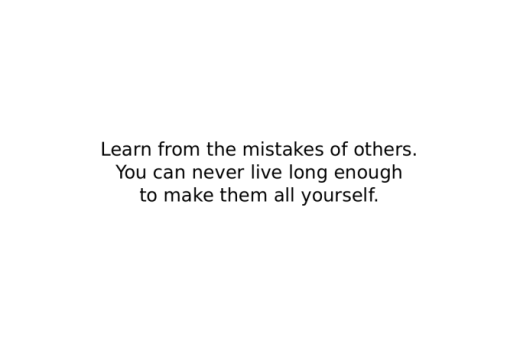
Writer: Mariam Ramzy
There are certain assumptions and theories as to why we dream, however , no one really knows. In the book “The Interpretation of Dreams”, Sigmund Freud believes dreams are just wishes that we have created in our lives. However, the reason behind dreaming is controversial . Some researchers say dreams are meaningful and crucial for mental and physical health. Others say dreams are pointless. Until this moment, there are conceivable causes, like portraying unconscious desires, combining information collected during the day, or helping clearing up problems in our lives.
Moreover, what goes through our minds before we sleep affects our dream’s content. For instance, if a student has an exam the next day and keeps on thinking about it, he/she will most probably dream of it. These observations suggest that elements from our everyday-life reemerge in our sleep. Images and symbols that appear in dreams have meanings that varies from each person to the other. People looking to find out what their dreams mean or resemble should discover what each part of the dreams means to them. Therefore , several experts suggest not to rely on ‘dream dictionaries”, since the reason behind the dream is special to each person.
In the meantime , most people’s dreams predict their future. When a dream occurs and takes place in real life, experts say it is most likely due to coincidence or fault memory. Therefore, it may change your actions in a certain way, thus changing the future.
In conclusion, nearly all theories concerning dreams contradict. Likewise, the cause of dreaming and its interpretation are conflicted by many researchers and doctors. In the course of time, experts may additionally prove theories right or wrong, but to this day the analysis of dreams remains implicit. The psychotherapist David Billington once said, “The more we learn about what consciousness is in the (apparent) non-sensory reality of dreams, the more we learn about the reality we live in”.







